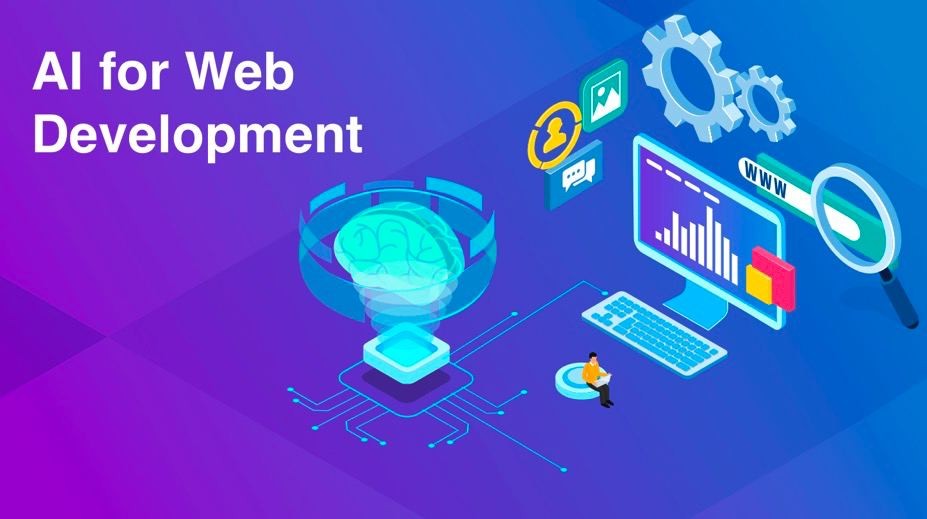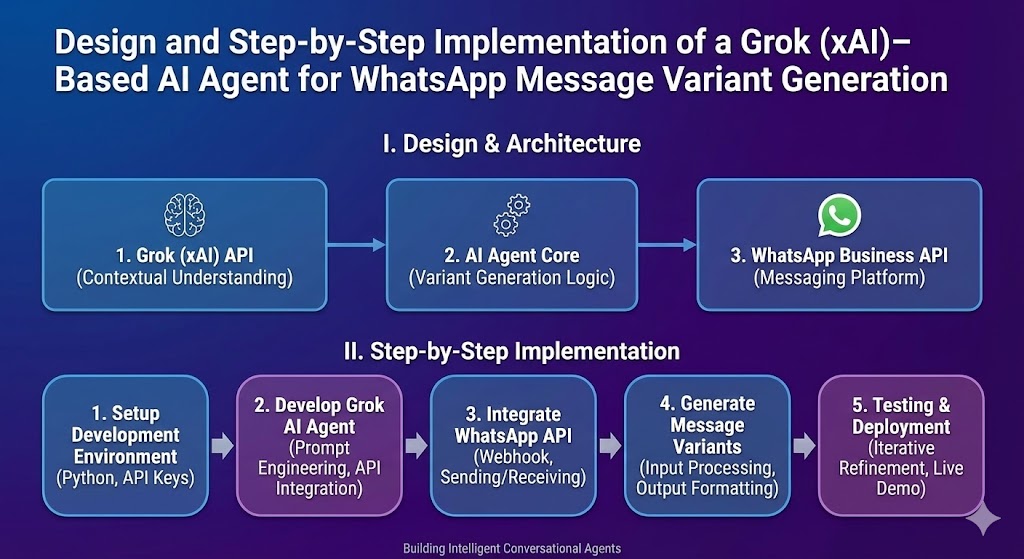The integration of artificial intelligence (AI) into website development is not just a trend but a profound shift that is redefining how we build, design, and interact with websites. By leveraging AI, developers can enhance user experiences, streamline processes, and deliver more dynamic and efficient solutions. Here’s a detailed look at how AI is making waves in website development:
1. Crafting Personalized User Experiences
In today’s digital landscape, personalization is key to engaging users. AI excels in this arena by analyzing user behavior, preferences, and interactions to offer tailored content and recommendations. For instance, e-commerce giants like Amazon use sophisticated AI algorithms to suggest products that align with individual browsing and purchasing histories. This level of personalization not only enhances user satisfaction but also drives higher conversion rates by presenting users with what they’re most likely to find appealing.
2. Revolutionizing Customer Support with Chatbots
Customer service has seen a dramatic transformation with the advent of AI-powered chatbots. Platforms such as Drift and Intercom use AI to provide instant, around-the-clock assistance to users. These chatbots are capable of understanding and processing natural language, allowing them to handle a range of inquiries from simple FAQs to more complex support issues. By automating customer interactions, these tools reduce wait times and free up human agents to tackle more intricate problems.
3. Automating Content Creation
AI’s role in content creation is becoming increasingly prominent. Tools like Wordsmith and Articoolo utilize AI to generate written content ranging from blog posts to product descriptions. These platforms can analyze input data and craft coherent, engaging text, significantly speeding up the content creation process. This automation is particularly beneficial for businesses that require a high volume of content but lack the resources for a full-time content team.
4. Enhancing Design with Intelligent Assistance
Designing a website can be a complex process, but AI is making it more intuitive. Adobe Sensei is one example of how AI is being used to assist designers by automating repetitive tasks, such as image tagging and layout adjustments. It also offers intelligent suggestions for design elements, helping designers create aesthetically pleasing and functional websites more efficiently.
5. Optimizing Performance Through A/B Testing
AI-driven A/B testing platforms, like Optimizely, analyze user interactions across different versions of a webpage to identify which design or content performs best. By leveraging AI to interpret data and generate insights, businesses can make data-driven decisions that enhance user engagement and overall site performance. This process not only improves the user experience but also maximizes the effectiveness of marketing strategies.
6. Predicting User Behavior with Analytics
Predictive analytics powered by AI provides valuable foresight into user behavior. Tools like Google Analytics employ machine learning to forecast metrics such as bounce rates and conversion probabilities. This predictive capability enables website owners to proactively address potential issues and tailor their strategies to meet user needs more effectively.
7. Streamlining SEO with AI Tools
Search engine optimization (SEO) is crucial for online visibility, and AI is streamlining this process. Platforms like Clearscope and MarketMuse use AI to analyze content and suggest improvements for better SEO performance. These tools help identify the right keywords, optimize content structure, and enhance relevance, making it easier to achieve higher search engine rankings.
8. Enabling Advanced Image and Video Recognition
AI’s capabilities extend to image and video recognition, transforming how media is managed on websites. Services like Google Cloud Vision utilize AI to automatically tag and categorize images, which simplifies media management and improves search functionality. This technology is particularly useful for websites with extensive media libraries.

9. Improving Accessibility with AI
Accessibility is a critical consideration for modern websites, and AI is playing a significant role in enhancing it. Tools like UserWay leverage AI to provide features such as automatic alt text generation for images and real-time translation services. These advancements ensure that websites are more inclusive and accessible to users with disabilities.
10. Enhancing Security with AI
AI is also instrumental in safeguarding websites from security threats. Platforms like Cloudflare and Sift use AI to detect and respond to suspicious activities, such as fraudulent transactions or potential cyberattacks. By analyzing patterns and anomalies, these tools help protect sensitive data and ensure the integrity of online transactions.
11. Streamlining Testing and Quality Assurance
Automated testing tools powered by AI, such as Testim.io, facilitate thorough quality assurance by generating and executing test cases with minimal manual intervention. AI-driven testing helps identify bugs and ensure that websites function correctly across various devices and browsers, leading to improved software quality and reduced development time.
12. Implementing Dynamic Pricing Strategies
AI enables websites to adopt dynamic pricing models, adjusting prices based on factors like demand and competition. Platforms like PriceIntelligence use AI to optimize pricing strategies, allowing businesses to remain competitive and maximize revenue.
Incorporating AI into website development offers numerous advantages, from enhancing user experiences to improving operational efficiency. By leveraging these advanced technologies, developers and businesses can create more responsive, intuitive, and secure websites that meet the evolving needs of users and the digital landscape.








